Social media platforms such as Facebook, Instagram, Search and Google have fast become major brand players in almost every market across the world. There are very few marketers that have not adopted some form of social media, display or search marketing as part of their brand marketing plans. Long gone are the days when a media strategist could justify including digital communication as a nice to have, rather media is now being planned from a consumer journey perspective with digital and social at the heart of all integrated communication. I remember sitting in a client meeting around 9 years ago and being asked about Facebook, and my retort was that this channel was still in its infancy and would not have a major effect on our media plan either way. Wow! How times have changed!
Google and Facebook are indeed huge brands with strong brand affinity. Google listed as number 1 and Facebook as number 6 in terms of the Top 100 Global Brands in 2018 on the Financial Times website. According to the same, Google and Facebook will account for over 84% of digital global ad spend between them this year. Google now processes over 40,000 search queries every second on average, which translates to over 3.5 billion searches per day and 1.2 trillion searches per year worldwide. As of the second quarter of 2018, Facebook had 2.23 billion monthly active users (people who have logged into Facebook in the past 30 days).
There has been a lot of talk recently about how these digital duopolies are taking over the world. Should we be worried about other platforms that are losing out to advertising revenue at their expense? Especially given the scandal surrounding Facebook audience profiling with regards to the US presidential election, not to mention controversy for Google around ad-serving in politically and socially unacceptable content environments. The bottom line is that marketers buy audiences and whilst this duopoly may not be perfect, it provides marketers with cost effective measurable access to audiences beyond our wildest dreams. They are simply put, the largest media owners in every market across the globe (except perhaps for China). According to TGI data for Northern Ireland, Facebook now has 929,000 adult users over past 7 days, over 62% of the NI adult population. YouTube has almost 690,000 past 7 day viewers in NI, whilst Google reaches over 1.1 million.
This makes both bigger than the majority of “mass” electronic platforms in NI. The only channels coming close would be television channels; UTV and Channel 4. Interestingly with this coverage and brand affinity Facebook is now moving into the sports streaming world in order to diversify and offer more than just a social platform.
Once thing we can be sure of in this world is that the digital world is dynamic and always changing.
Interestingly, BrandZ data shows that Chinese tech brands are on the rise in 2018, could this be a sign of change coming in the social media and digital world? Platforms such as QQ, Q-zone and WeChat now have hundreds of millions of users and, just like Facebook, Instagram and WhatsApp, they’re all owned by the same company, Tencent. Also worth a mention, is Reddit, an American social news aggregation, web content rating and discussion website that allows registered members to submit content to the site in the form of links, text posts, and images, which are then voted up or down by other members. This site has overtaken eBay as the number 7 ranked website in the UK for October 2018 (source: lexiconnect.co.uk). Amazon too are moving into other areas and with the data they own on audiences could become the next big advertising player, we just don’t know what form they will adopt.
Given that it is World TV Day this week, it is interesting to note that most of these social media and digital players are moving into the TV arena fast and furiously, from investment in TV broadcast rights to original productions. Amazon recently announced that they have purchased the rights to broadcast Premier League Football matches on Amazon Prime, stepping on the toes of the big TV broadcasters, following Facebook’s purchase of La Liga rights in India. It’s also no secret that Facebook has big plans to offer original episodic content to subscribers via it’s Watch Platform with the intention of keeping viewers coming back for more.
The truth is that major digital players such as Facebook, Google and Amazon are possibly reaching critical mass coverage worldwide, therefore broadening their media horizons, becoming a publisher in their own right, not just a server of 3rd party messages, with tomorrow's new players entering the digital and social sphere! In my opinion, consumers across the world will take care of all matters, through the rise of competitive platforms and changing consumer needs and wants, that will re-steer subsequent marketing spend in the right direction.





